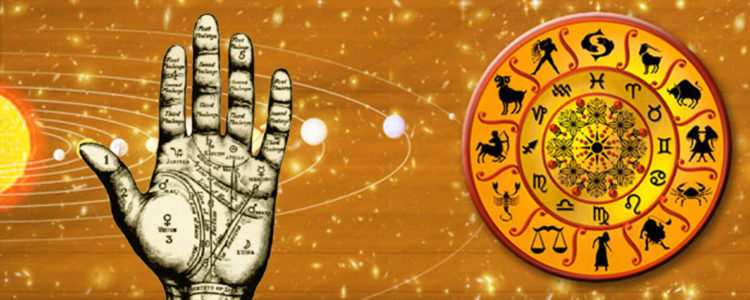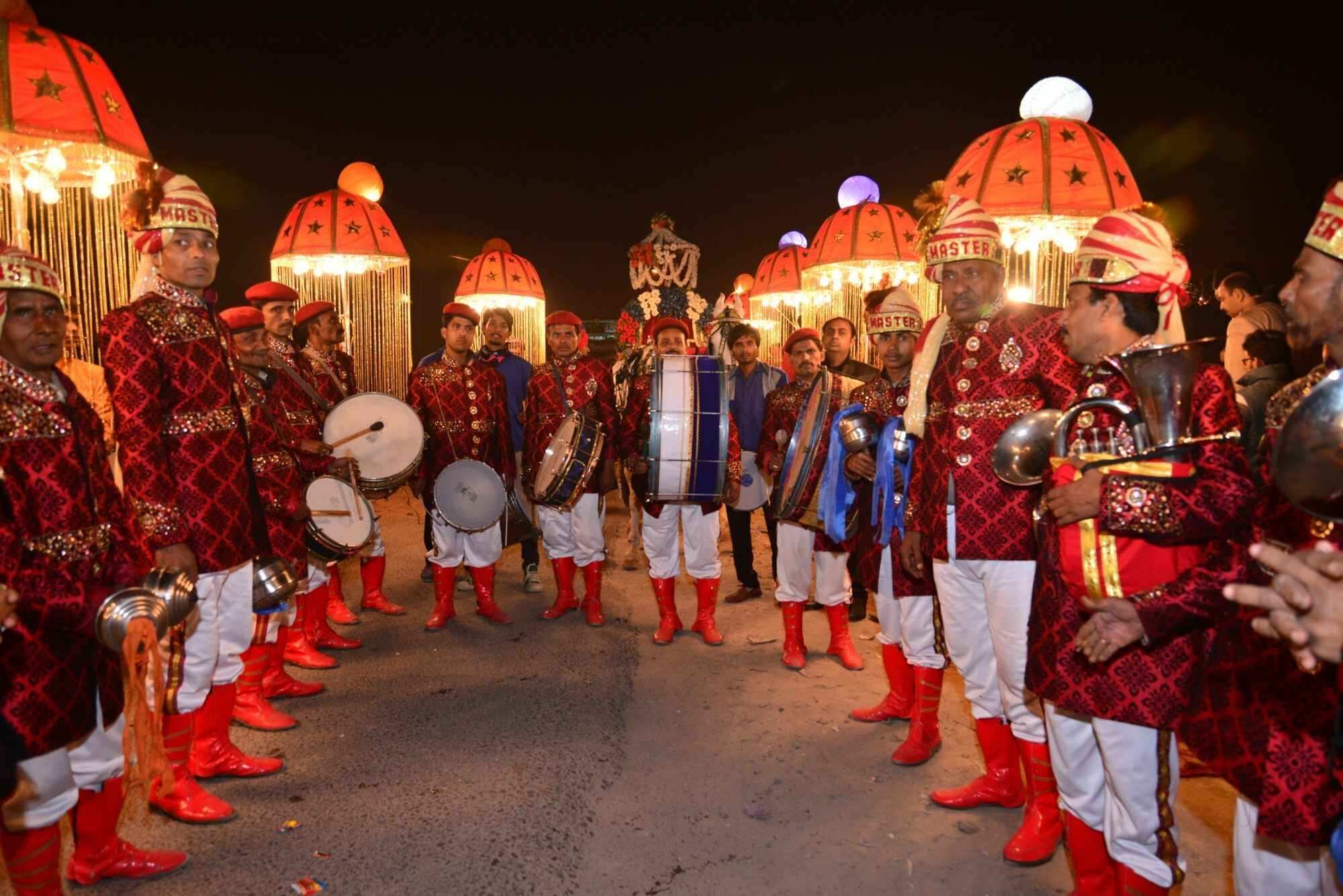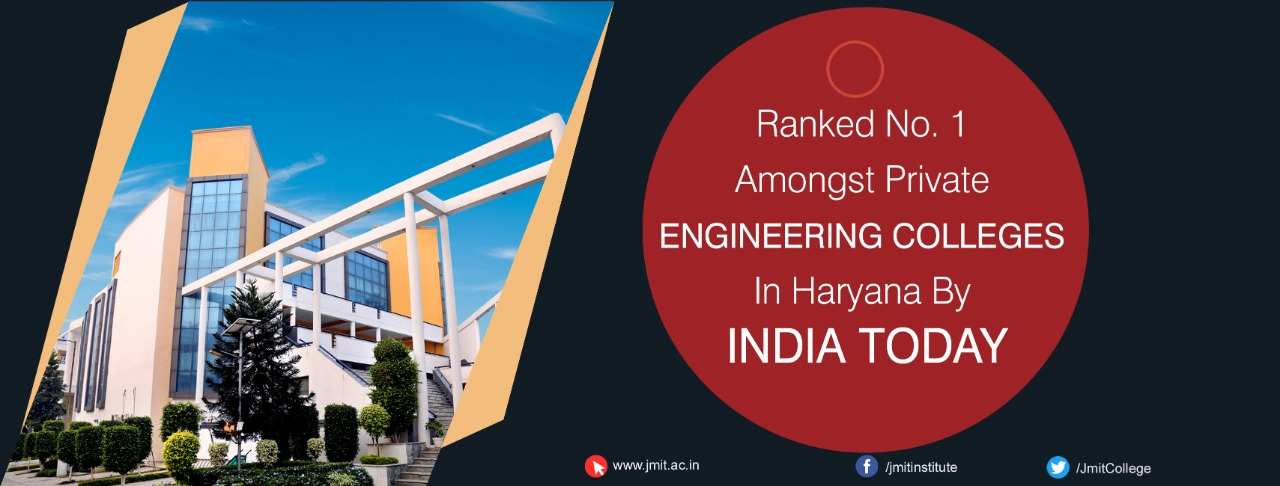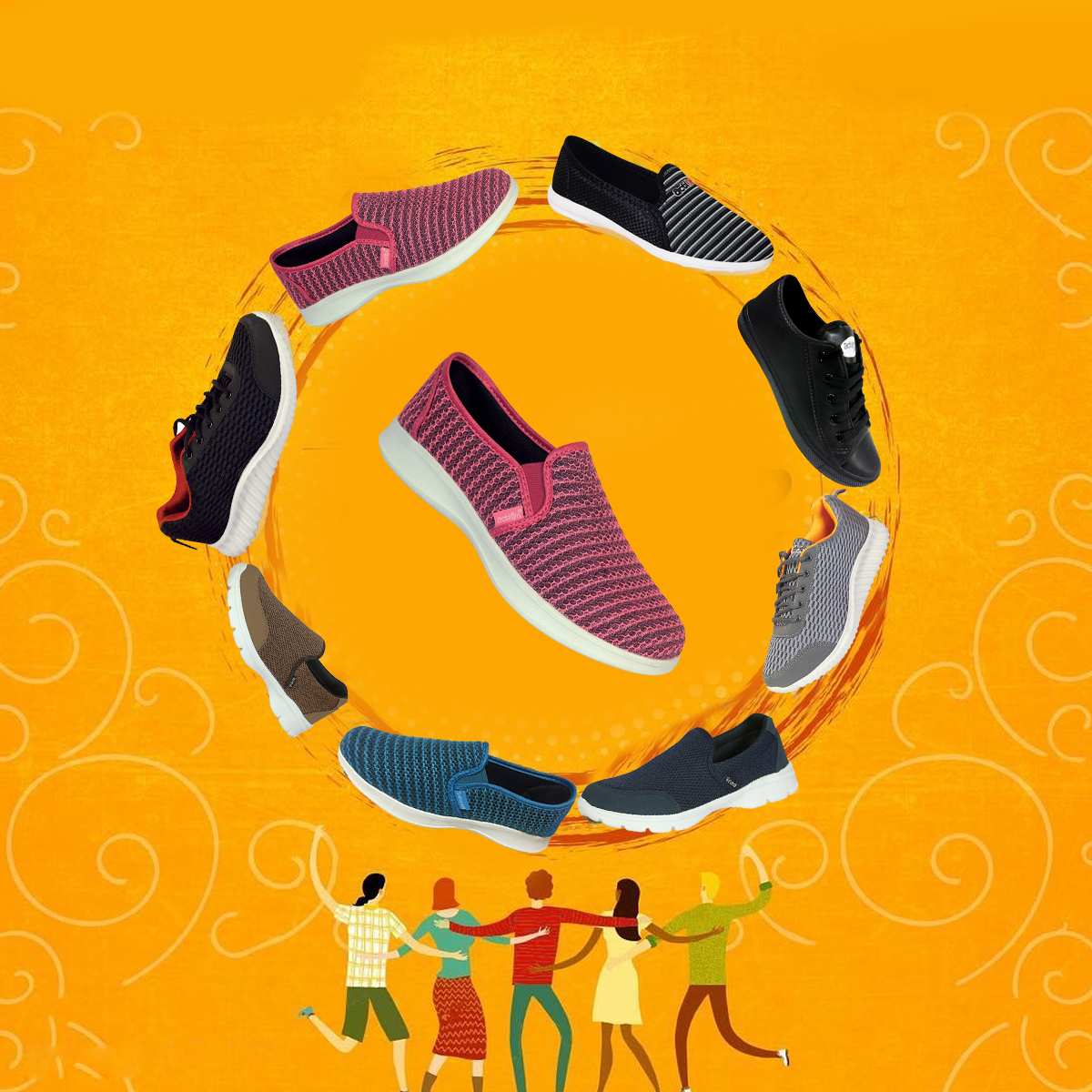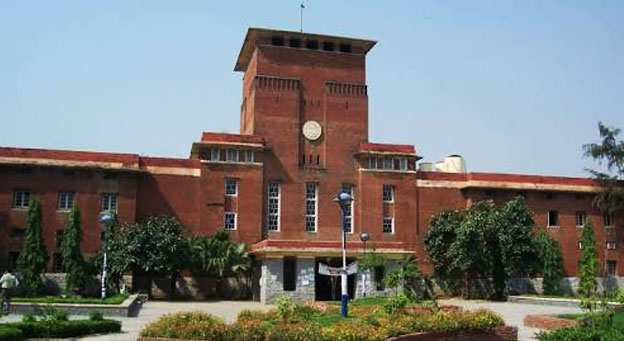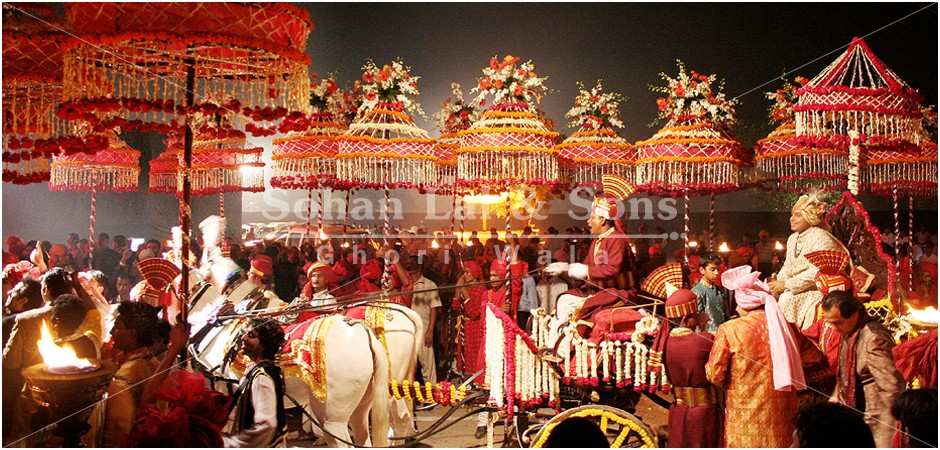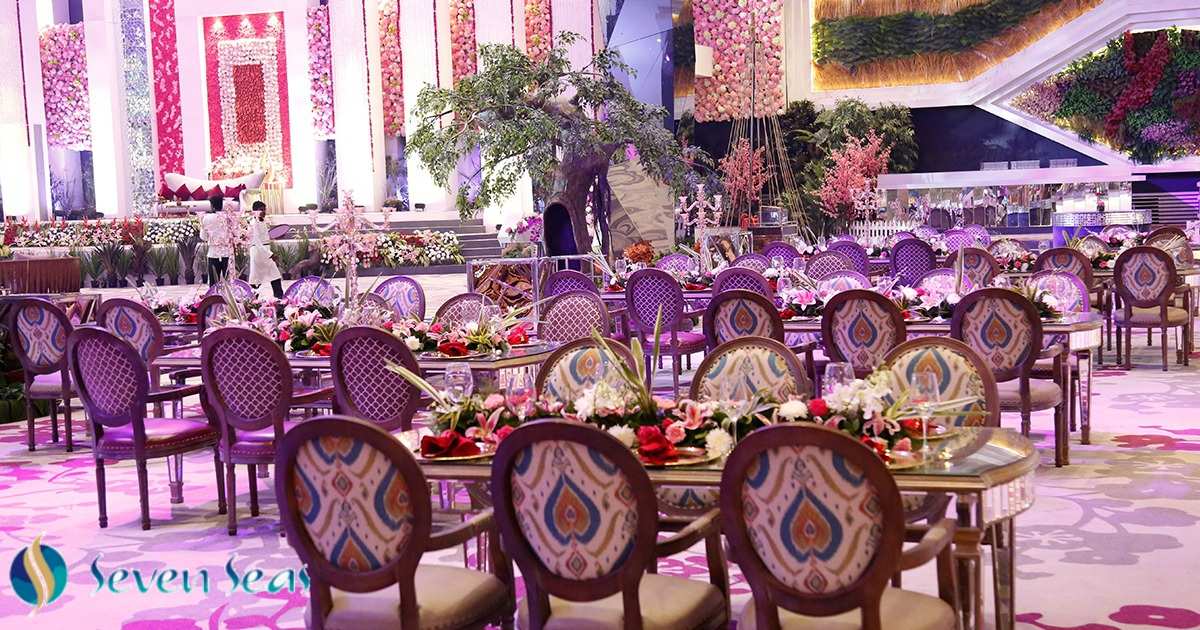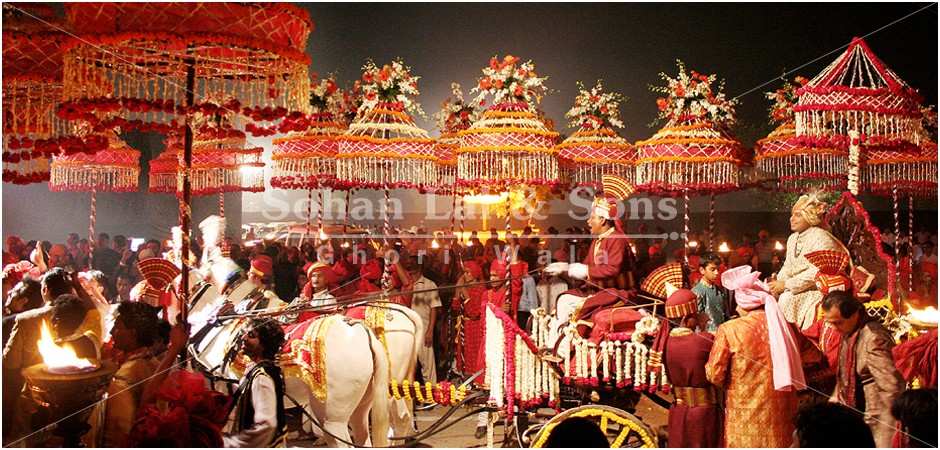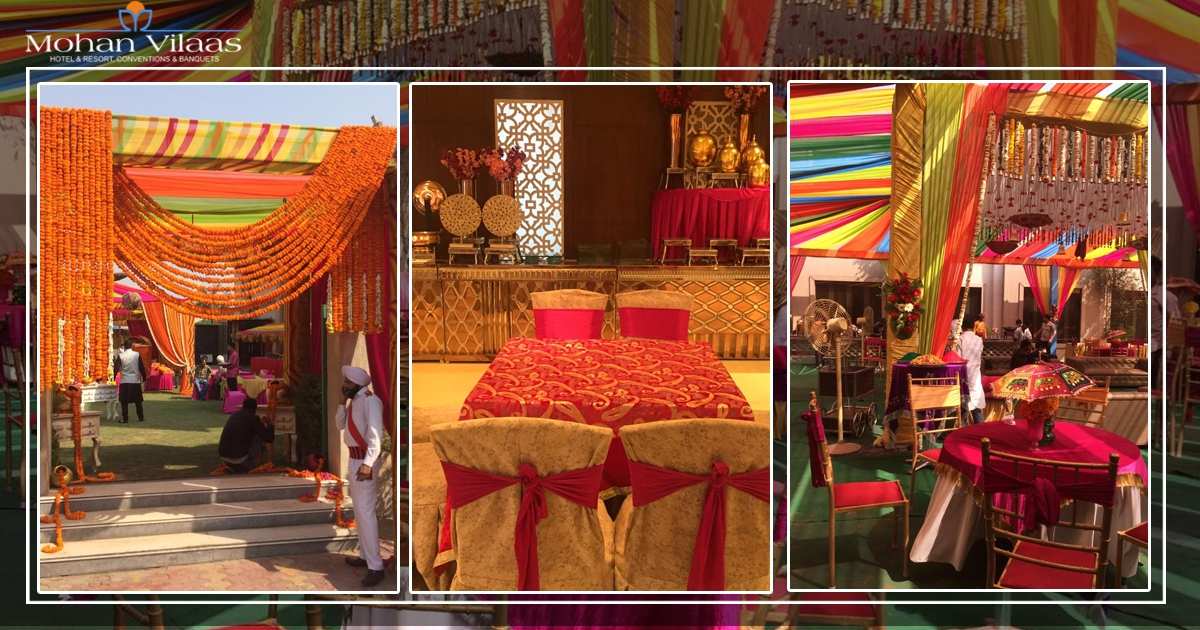India is a country with a large and diverse population with people belonging from different castes, language and even religion and three fourth of the population still uses public transport for their daily commute. Almost every citizen in India has at least once used the public transport like buses, trains or any other kind of transportation for their commute. Every city of India has different cultures residing together and when different people from different cultures will reside together then they also have to commute together in the public transport.
When we travel in buses and trains, do we ever think that the person sitting next to us belongs to which culture, caste or religion? While travelling for office or returning home, does a Hindu thinks that if he will sit with a Muslim then, he will lose his pride and dignity or does a Brahmin thinks that if he will share the same seat with a person belonging to a lower caste then he will lose his dignity as a Brahmin. The answer is no, nobody thinks that way because no one is bothered about this petty things. Have you ever seen a person leaving a seat because the person with whom they will share the seat is of a different culture? No! You must have seen people fighting for a vacant seat but must have never seen doing them the thing mentioned before. No one is bothered about this.
In schools, it is taught that respect every human being because everyone is made up of same compounds and we also learn that India is country where, there is ‘Unity and Diversity’, but how many of us, actually believe these things? Then what is the meaning of these things to be taught in the schools? We don’t have any problem in sharing the same seats with an unknown and random person without knowing their caste or religion but as soon as we step out of those public transports, the random person becomes Muslim, Bihari or Dalit. Why is so?



